This 2 day event was hosted by LiveLung/Dusty Joy Foundation, a small but mighty team of only a few. What I experienced as an attendee was an organized and thought-filled conference that focused on the person living with small cell lung cancer and their caregiver.
I appreciated hearing from experts like Dr. Stephen Liu about the “not ready for prime time” biomarkers discovered in small cell and the studies and new trials. I learned that those with targeted mutations that transform into SCLC must be treated differently. Those folks also NEED more research into effective treatment options.
Michelle Ottersbach encouraged us to move our bodies- even in the smallest ways- like writing alphabet letters with your feet while sitting down. Go ahead, I know you want to try it. I found myself doing it with both feet on my previous flight! I didn’t care who was watching! 😊
I also learned something from the cancer dietician that blew my mind. “People who consume only organic food do not experience better health outcomes”. WHATtheWHAT? Check it yourself at cancerdietitian.com This little nugget of information will save me $$ by keeping me out of those expensive “wholesome” organic grocery stores.
The White Ribbon Project was represented via zoom and former NFL player, Chris Draft. Their presentations and the white ribbons Chris brought showed the attendees that there WERE people all over the world who supported lung cancer awareness and not feel stigmatized or embarrassed by their diagnosis. People with SCLC deserve options and a chance to survive and thrive. Chris gave every patient a signed white ribbon.
This event was casual and warm. There were many opportunities to network and listen to survivor stories. Most of all, there was an underlying HOPE that encouraging things are on the horizon for people diagnosed with small cell lung cancer. It can’t come soon enough! My biggest HOPE is that one day no one else will die from sclc, like my dad did. I wish there was something like this when he was diagnosed 20 years ago!
All attendees were divided and put on panels. Dusty Donaldson moderated conversations and conducted Q & A about treatments, clinical trials, early CT screening and the need for screening awareness. Almost all attendees said they learned new things from the experts and from each other.
I have planned 33 in person lung cancer patient conferences in my career as well as numerous virtual webinars, zoom meetings, interviews and podcast episodes. This was the FIRST time I was at a lung cancer patient conference that I didn’t plan!I
The team at LiveLung should be very proud of themselves! 👍🏼
Thanks again for the invitation, LiveLung. I loved being able to chat about cancer caregiving and lung cancer advocacy. I was able to share via hard copy and electronically the caregiver action plan I developed and tips from my book for co-survivors. I sure have MISSED loving on patients and caregivers. I came home with a full heart.
And the icing on the cake was a quick visit with my oldest brother and his family. He just had a major health event himself, so I felt blessed to be able to see him and give him a big hug! ❤️
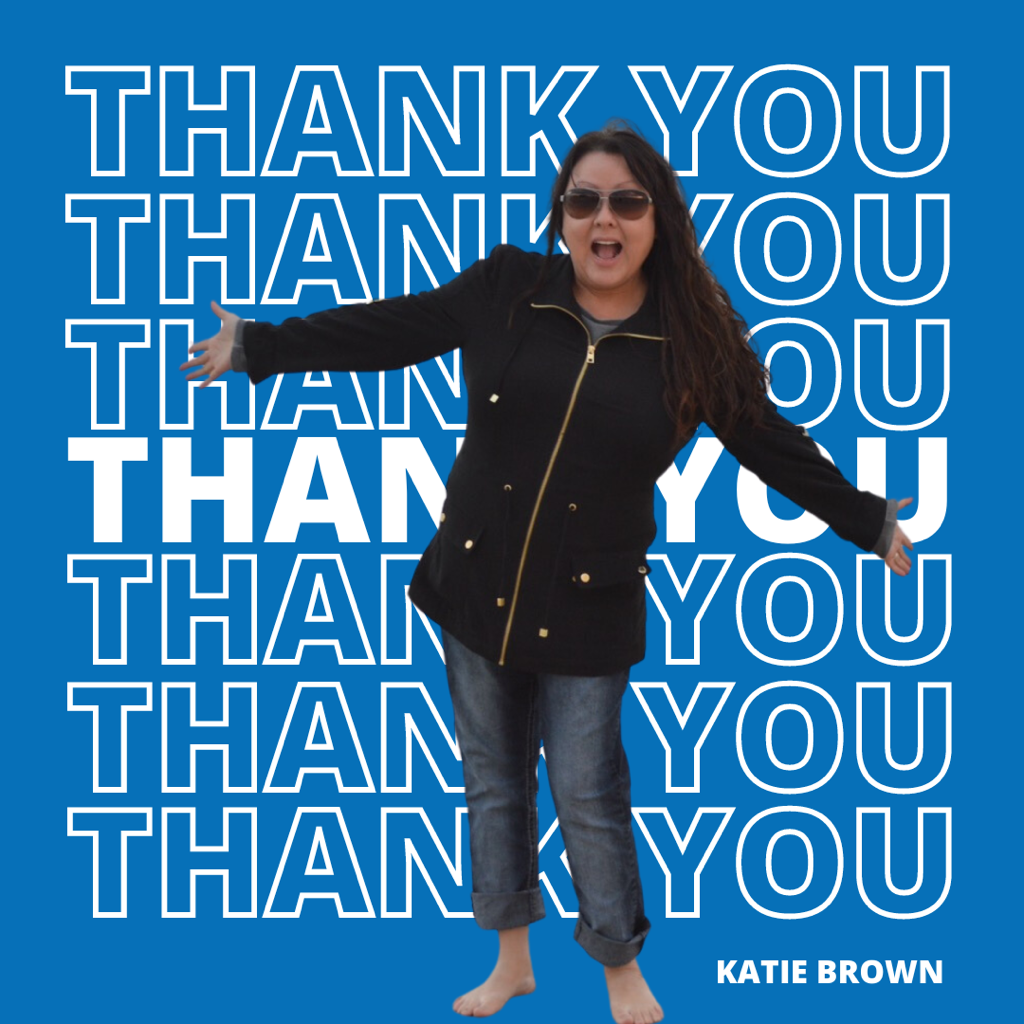
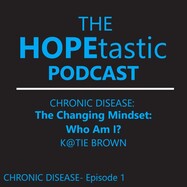
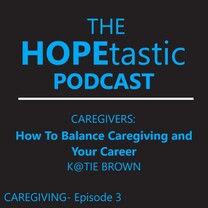
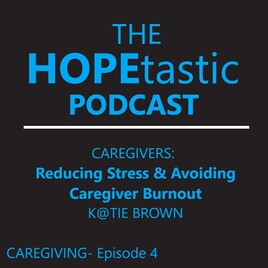
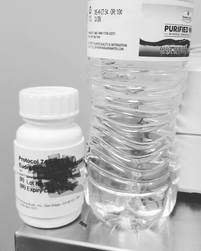
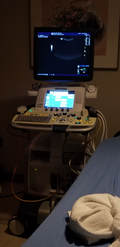


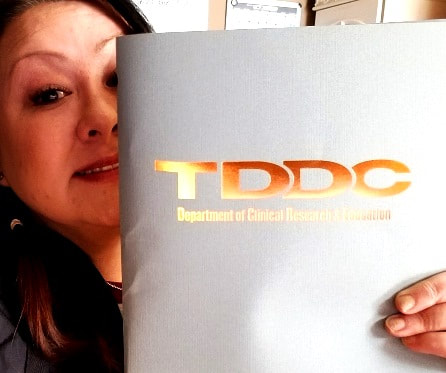

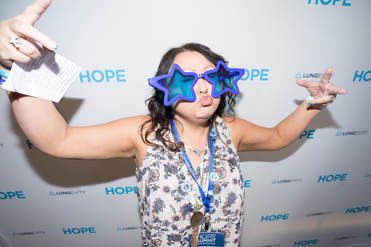
 RSS Feed
RSS Feed
